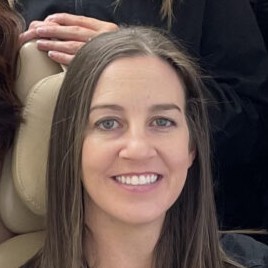Dental Support Organizations (DSOs) have become a major force in dentistry and are expected to continue growing in the years ahead. In the past, new dentists often began their careers as associates in private practices, sometimes leading to partnerships or even practice ownership. Today, the landscape has shifted.
Why the shift?
Two main reasons:
- Patient flow challenges – Most private dentists are actively looking for new patients themselves, making it harder to justify hiring associates.
- Student debt – High debt loads require young dentists to secure reliable, well-paying jobs quickly, something private practices often can’t provide.
As a result, DSOs have become an increasingly common entry point into dentistry. Before you accept an offer, here are some key things to think about:
1. Understand the DSO Business Model
DSOs are structured for growth. They invest heavily in marketing, accept numerous PPOs (and sometimes Medicaid), and aim to increase practice values for resale to larger DSOs in 3–5 years. Learn about ownership, size, and employee retention before committing—you are taking on both opportunities and risks.
2. Know How You’ll Be Paid
Most DSOs pay a percentage of collections, typically around 25%. Your pay is tied to production. For example, $150,000 in pay might require $600,000 in annual collections. If you’re fresh out of dental school, seek guidance on what realistic production numbers look like.
3. Watch the Restrictive Covenant
If private practice is in your long-term plans, be cautious of non-compete agreements that may limit where you can practice afterward.
4. Ask About Training
Training opportunities vary widely. Clarify:
- What procedures you’ll be trained in (implants, advanced restorative, etc.)
- Whether training happens in-office or through courses
- If courses are on your time or company time
- Who pays for them
5. Review Benefits and Office Setup
Understand the full benefits package (health insurance, 401k, ESOP, etc.). Also, get clarity on the specific office:
- Is it a start-up or an established location?
- Will you be the only dentist?
- Are you replacing someone who left (and why)?
6. Get the Inside Scoop
Ask around. Do you know anyone who has worked at the DSO—or knows someone who has? First-hand experiences can provide insight into turnover, culture, and expectations.
The Bottom Line
We’re not opposed to DSOs—they can provide stable employment, training, and valuable experience. Some are small start-ups, some are mid-sized, and others are well established. The key is knowing exactly what you’re signing up for.
If private practice is your long-term goal, think about how the training and experience you’ll gain at a DSO will position you for ownership. If you prefer being an employee, a DSO career path may be the right fit for you.
– Bill Otten & Kim Rey








